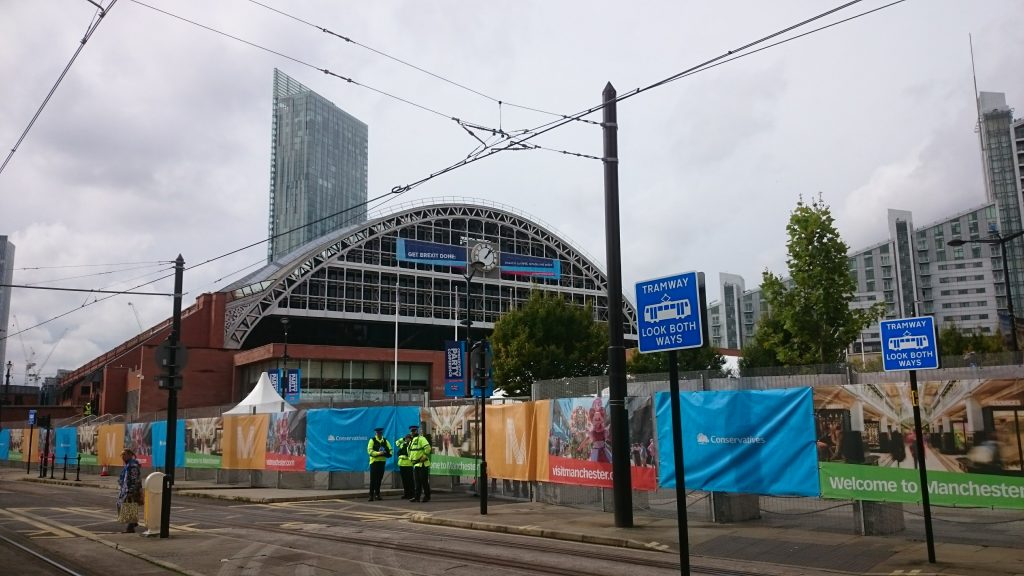Author: Neil Mather
I set up a couple of channels, one for people I tend to interact with a lot, one for people I loosely follow. Both a combo of IndieWeb, Mastodon, Twitter and RSS feeds, mostly of actual real people. The other stuff I haven’t moved yet and is mostly institutional feeds.
When I get a social media urge, I’ll check the first two groups. If empty, I’ll maybe check the rest, or read an article, or just do something else.
The best part is avoiding anything that has an endless stream of fairly random (but tantalisingly, possibly interesting) stuff. As Ton points out, anything *really* worthwhile will invariably end up in a feed in one of the first two groups sooner or later. I’m feeling more intentional, less flighty of attention.
I give it a fairly broad remit, e.g. I think Working Effectively with Legacy Code is a good one.
‘redesigning our regulatory systems so they don’t favour speculative financing and land trading’
‘give communities a way of investing and owning the things that make neighbourhoods work, without the fear of being priced out by their desire to improve their community.’
I need to give it a thorough read, but sounds interesting and I immediately like anything that has a plan rather than just a diagnosis…
https://provocations.darkmatterlabs.org/a-smart-commons-528f4e53cec2
Talks about how techno-libertarianism and individualism won out over federated communities.
This line makes me sad: ‘Today, social movements depend on Facebook, Google, and Twitter.’ But strikes me that we’re in a pretty good position right now to start federated, tactical media platforms again, no?

